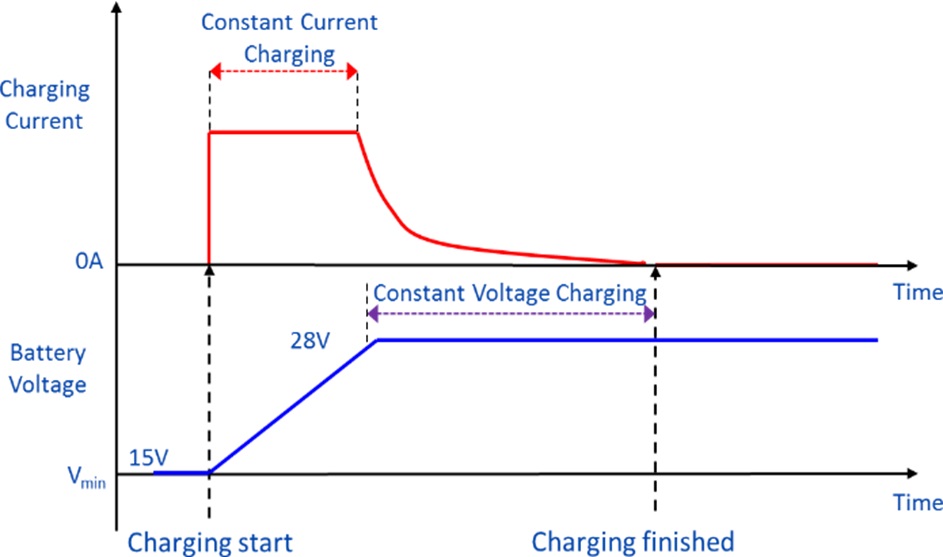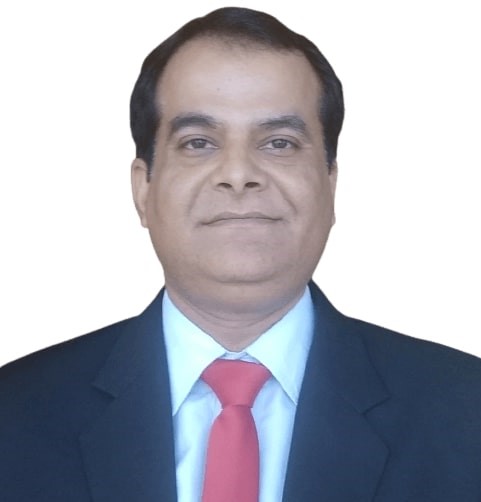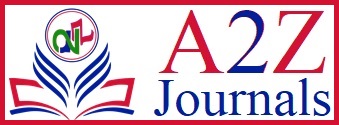A Review on Fast Charging Methodologies of Electric Vehicles

DOI:
https://doi.org/10.54060/a2zjournals.jieee.105Keywords:
Electric Vehicles, Li-Ion battery, Fast charging, Ultra-Fast Charging, Pulse chargingAbstract
The Li-Ion battery is charged using a constant voltage, constant current charging method. The solution, photovoltaic energy, is making its appearance in the EV charging infrastructure. By altering the transformer ratio, the inverter's voltage gain can be adjusted. Instantaneous thermal gradients are altered by fast charging. The grid and electricity quality may be impacted by EV charging.The goal of this study is to create a comprehensive, current overview of fast charging techniques for battery-electric vehicles (BEVs). The foundational ideas of single battery cell charging as well as existing and upcoming charging standards are covered in this paper. Globally, battery-powered electric vehicles are becoming more and more common. Numerous causes, such as the need to lessen noise and air pollution and our reliance on fossil fuels, are driving this trend. The primary disadvantage of modern electric vehicles is their short range and the length of time needed to charge their batteries. Through research and development, great strides have been achieved recently to use pulse charging, as opposed to continuous current and/or voltage delivery, to shorten the charging period of the batteries in electric vehicles. The portion that needs to be concentrated on estimating the electrical properties of the vehicle's battery is crucial for learning about the potential driving range.
Downloads
References
C. C. Tsai, W. M. Lin, C. H. L. M. S. Wu, "Designing a Fast Battery Charger for Electric Bikes," International Conference on System Science and Engineering, IEEE, Taipei, 2010.
Z. Zhang, H. Xu, L. Shi, D. Li, Y. Han “Application Research of an Electric Vehicle DC Fast Charger in Smart Grids,” 2012 IEEE 6th International Conference on Information and Automation for Sustainability, Beijing, 27-29 September 2012.
Z. Mohammad Rejwan Uddin, S. Tasneem, and M. Khosru, “A High Capacity Synchro-nous Buck Converter for Highly Effi-cient and Lightweight Charger of Electric Easy Bikes,” in International Conference on Electrical, Bangladesh, 2017.
S. Liu, B. Ge, and X. Jiang, Haitham Abu-Rub, Fang Z. Peng, “A Novel Indirect Quasi-Z-Source Matrix Converter Applied to Induction Motor Drives,” in Energy Conversion Congress and Exposition. Denver, CO, USA: IEEE, 2013.
P. Yam, F. Siwakoti, P. C. Blaabjerg, and G. E. Loh, “A High Voltage Gain Quasi Z-Source Iso-lated DC/DC Converter,” in IEEE International Symposium on Circuits and Systems (ISCAS), Melbourne, VIC, Australia, pp. 1–05, 2014,
P. Yam, Student “Improved Modulation Technique for Voltage Fed Quasi-Z Source DC/DC Converter.” Fort Worth, TX, USA, 2014.
Y. R. Kafle, S. U. Hasan, M. Kashif, J. Hossain, and G. E. Town, “A new PWM Shoot-through control for voltage-fed qua-si-z-source DC/DC converters,” in 2017 IEEE International Telecommunications Energy Conference (INTELEC), 2017.
J. Liu, J. Wu, J. Qiu, And J. Zeng, “Switched Z- Source/Quasi-Z-Source DC-DC Converters With Reduced Passive Components for Photovoltaic Systems”, IEEE Access, vol. 7, pp. 40893 – 40903, 26 March2019.
L. Yang Dongyuan Qiu and B. Z. G. Zhang, “Wenxun Xiao “A quasi-Z-source DC-DC converter,” IEEE Energy Conversion Con-gress and Exposition, pp. 14–18, 2014.
A. Hadi, H. Hussain, M. Mansor, and I. Said, “Fast charger for Li-ion batteries based on battery temperature,” in 3rd IET International Conference on Clean Energy and Technology (CEAT) 2014, 2014.
O. Ibrahim, N. Z. Yahaya, N. Saad, and K. Y. Ahmed, “Design and simulation of phase-shifted full bridge converter for hy-brid energy systems,” in 2016 6th International Conference on Intelligent and Advanced Systems (ICIAS), 2016.
J. Lu et al., “A Modular Designed Three-phase High-efficiency High-power-density EV Battery Charger Using Du-al/Triple-Phase-Shift Control,” IEEE Transactions on Power Electronics, vol. 33, no. 9, pp. 8091–8100, 2018..
Y. Sun and B. Jiao, “Design of a Soft-Switched Phase-Shift Full Bridge Converter”,” in 3rd International Conference on Sys-tems and Informatics (ICSAI), Shanghai, China, 2016, pp. 230–234.
C. Pu, Z. Hao, C. Shao, and X. Ren, “Two- stage Interleaving DC/DC Topology Based on Phase-shift Full bridge Converter,” in IEEE International Conference on Electrical Systems for Aircraft, Railway, Ship Propulsion and Road Vehicles & Internation-al Transportation Electrification Conference (ESARS- ITEC), Notting-ham, UK, pp. 7–09, 2018,.
R. Amol, H. Suhas, and M. S. Mhabadi, “Design and Implementation of Quasi Z-source Converter Based Battery Charger for Electric Vehicles,” in 2023 IEEE 8th International Conference for Convergence in Technology (I2CT), India, pp. 7–9, 2023.
K. S. Somnatha, M. K. Gupatab “Review Paper on Electric Vehicle Charging and Battery Management System”, ICCIP-2019.
R. Collin, Y. Miao, A. Yokochi, P. Enjeti, A. V. Jouanne, “Advanced Electric Vehicle Fast-Charging Technologies”, https://www.researchgate.net/publication/333115032.
H. Tu, H. Feng, S. Srdic, and S. Lu ,“Extreme Fast Charging of Electric Vehicles: A Technology Overview”, IEEE Digi Library.

Downloads
Published
How to Cite
CITATION COUNT
Issue
Section
Categories
License
Copyright (c) 2024 Gaurangi Sawant, Kalpesh Kamble

This work is licensed under a Creative Commons Attribution 4.0 International License.

























